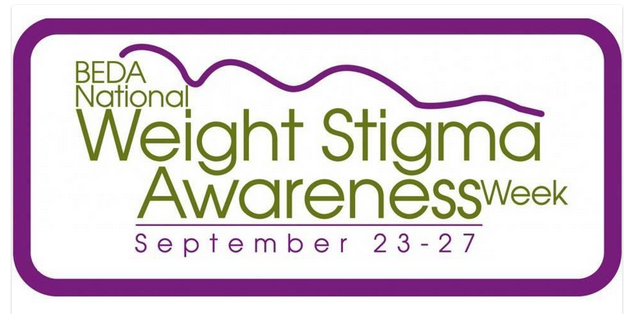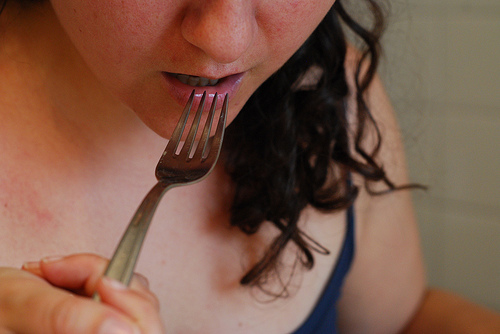Five months of CBT vs two years of psychoanalytic therapy for bulimia
 December 6, 2013 by
December 6, 2013 by  Sumati Gupta, PhD
Sumati Gupta, PhD  It’s hard enough to reach out for therapy when suffering from bulimia, but figuring out what kind of therapy to get can be even more overwhelming. Different therapists have different kinds of training and allegiances when it comes to the therapy they practice. A new study came out last week in which researchers directly compared two different types of therapy, psychoanalytic and cognitive behavioral therapy (CBT), for the treatment of bulimia. Interestingly, the lead authors, who practice psychoanalytic therapy, found that CBT was superior.
It’s hard enough to reach out for therapy when suffering from bulimia, but figuring out what kind of therapy to get can be even more overwhelming. Different therapists have different kinds of training and allegiances when it comes to the therapy they practice. A new study came out last week in which researchers directly compared two different types of therapy, psychoanalytic and cognitive behavioral therapy (CBT), for the treatment of bulimia. Interestingly, the lead authors, who practice psychoanalytic therapy, found that CBT was superior.
 Dr. Gupta is a licensed psychologist and professor at Barnard College, Columbia University. She specializes in the treatment of anxiety and eating/weight issues at
Dr. Gupta is a licensed psychologist and professor at Barnard College, Columbia University. She specializes in the treatment of anxiety and eating/weight issues at 








